Have a special requirement putting good compost to good work for the earth?
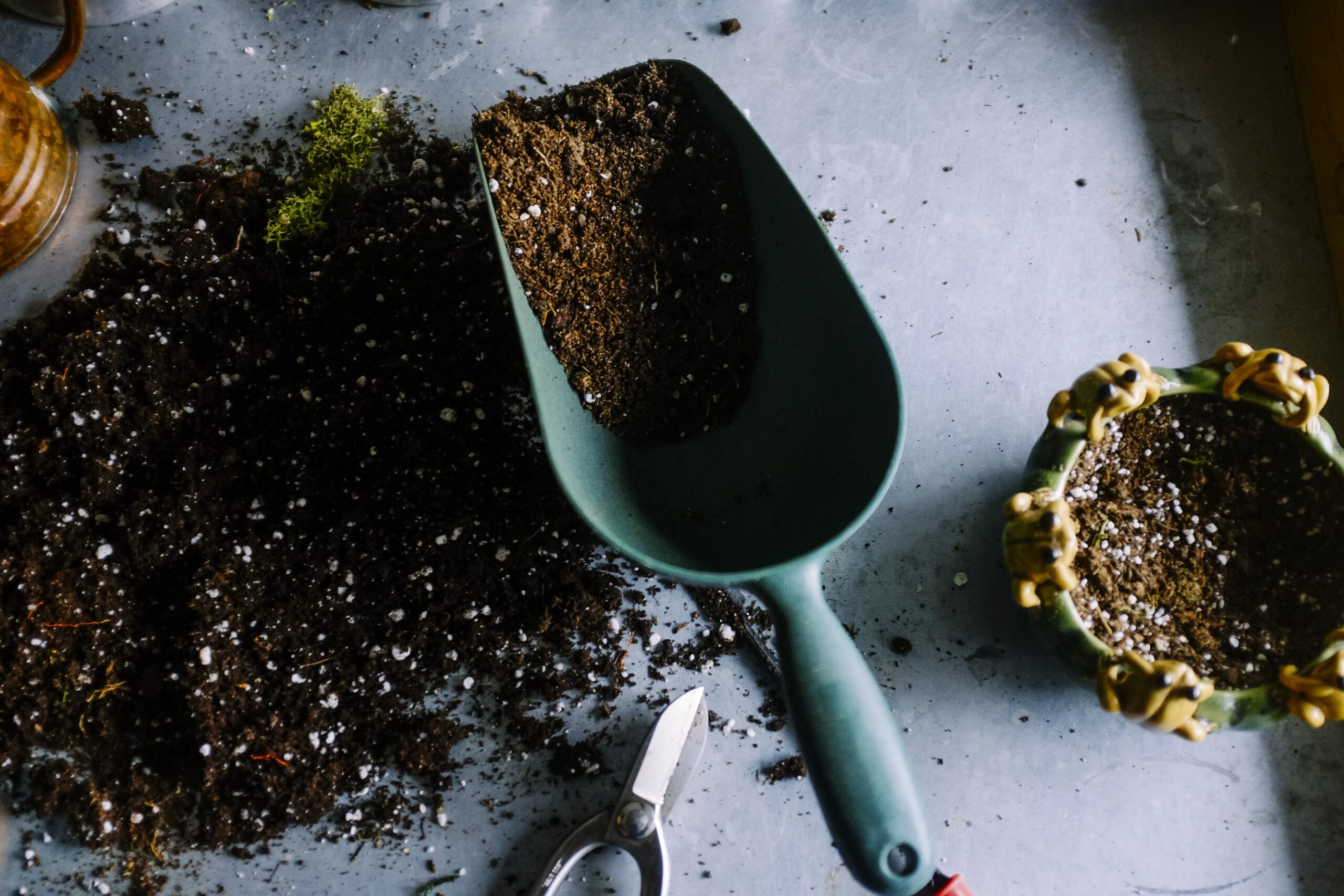
Healthy Soil Kit
Our Healthy Soil Kit is packed with information about compost use for the professional market.
High-quality compost blends that deliver better planting results and a healthier planet.
McGill’s indoor, climate-controlled facilities and advanced processes are purpose-built to supplement Earth’s natural processes in the manufacturing of premium compost products.
Higher Yields, Fewer Chemicals
Create healthier soil structure and increase organic matter.
More Water Where You Need It
Boost the water-holding capacity of your soil and keep more moisture at the root zone.
Improved Drainage
Reduce water-logging after heavy rain or over-watering through increase pore space to encourage rapid percolation.
Slow Release
High Cation Exchange Capacity directs and holds more nutrients at the root zone for slow-release performance.
Dependable Growing Conditions
Consistent quality and year-round supplies you can count on.

Premium, STA-certified 100% compost that serves as the foundation for all of our specialty products. Ideal for use as a topdressing, soil amendment, or mix ingredient.
Learn moreApplications

A finely screened version of SoilBuilder ideal for maintaining active playing fields from preseason to postseason and in between.
Learn moreApplications

An ideal compost for establishing and building planting beds and vegetable gardens. A blend of SoilBuilder Premium Compost and quality amendments.
Learn moreApplications

Blended and formulated to meet Department of Transportation specifications for erosion control and soil disturbance projects calling for the use of compost socks, berms and blankets.
Learn moreApplications

Our agriculture-grade compost will improve your soils and provide nutrients to help improve crop yields.
Learn moreApplications
Applications
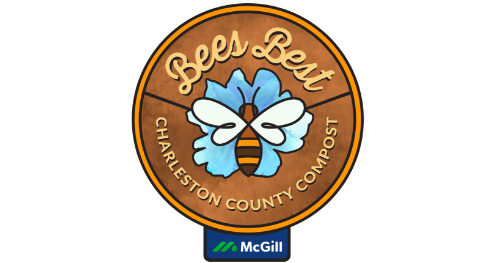
Locally sourced and made compost that reinvigorates soil for healthy gardens and lawns while promoting local sustainability efforts and a healthier community.
Learn moreApplications
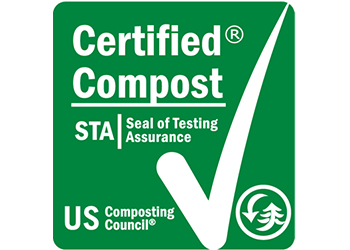
Have a special requirement putting good compost to good work for the earth?
McGill compost products are sold in tractor-trailer loads from facilities in the mid-Atlantic, Carolinas, Florida and Ireland and through authorized resellers.
View authorized resellersGet exact specifications for your planting project with our compost calculator, developed by our team of environmental scientists and composting specialists.
How Much to Buy
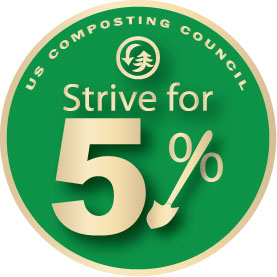
If you would like to add McGill compost products to your retail or wholesale offerings — or use as ingredients in blends you offer to these markets — please contact our corporate office at 919-362-1161 or contact us below.

Healthy Soil Kit
Our Healthy Soil Kit is packed with information about compost use for the professional market.
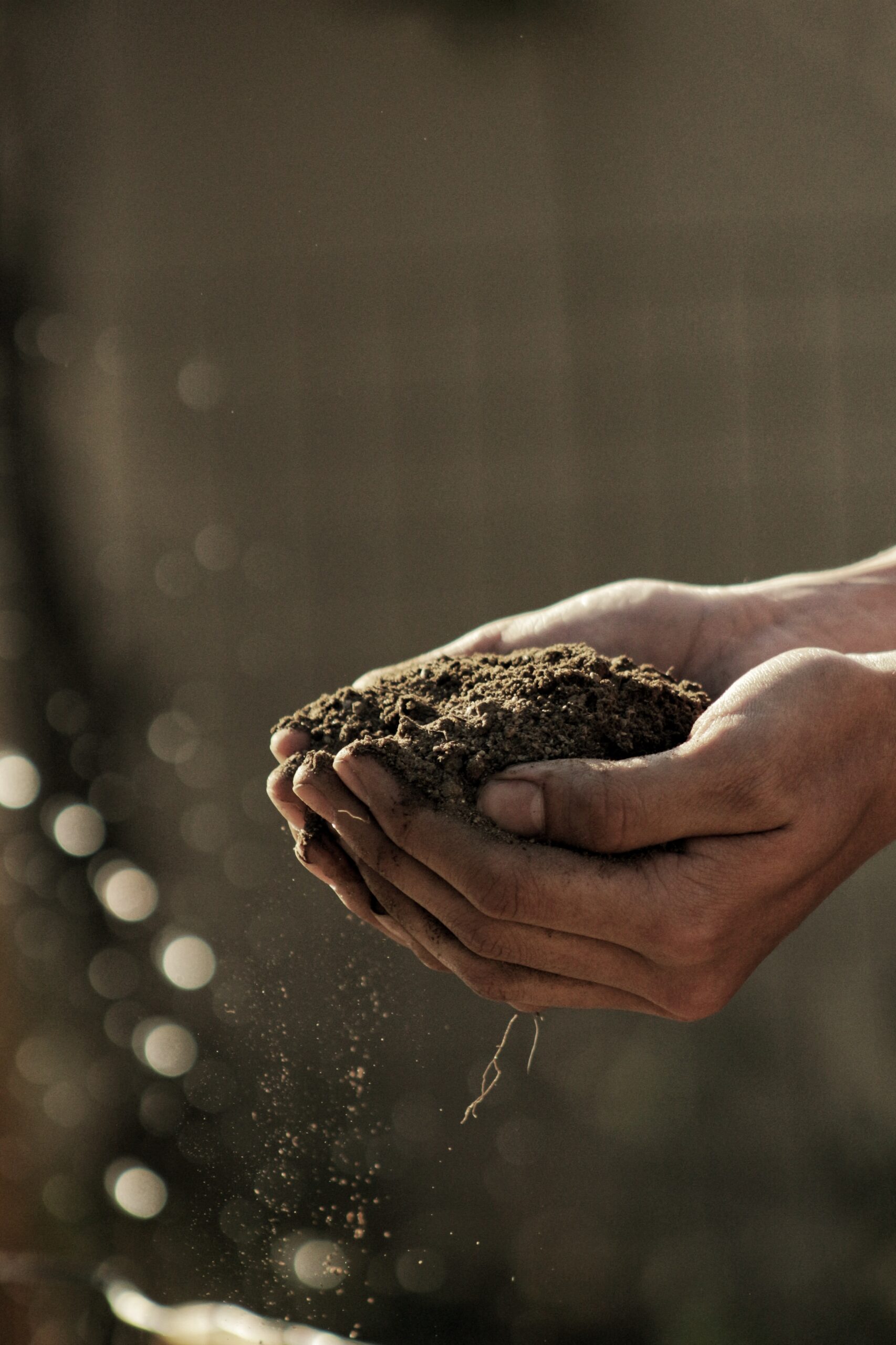
Healthy soil prescriptions for compost use
Are you feeding your greenspaces the soil equivalent of junk food? Switch over to a healthy, compost-based diet for peak performance.

Choosing quality compost
When standing in the middle of a landscape supply yard trying to choose between compost products, let the senses be your guide.